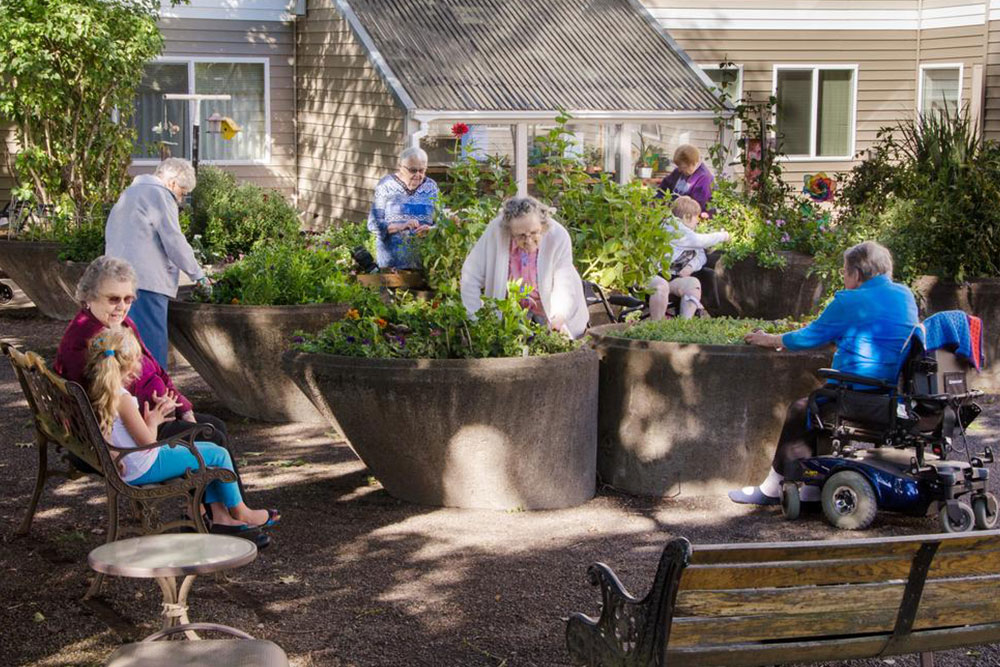Understanding the Differences Between Assisted Living and Skilled Nursing Facilities
This article highlights the key distinctions between assisted living communities and nursing homes, helping families make informed decisions on long-term senior care. It covers care levels, environment, activities, meals, costs, and suitability, providing a comprehensive comparison for choosing the right facility based on individual needs and health status.

Comparing Assisted Living Communities and Skilled Nursing Homes
As seniors age, many find they need daily assistance that at-home care cannot always provide. When full-time support is required, families often turn to assisted living or nursing homes. These facilities offer distinct services, making it essential to understand their differences to choose the best fit for your loved ones.
What Constitutes Long-Term Care?
Long-term care encompasses services designed to support individuals with ongoing medical or non-medical needs, including those with disabilities or chronic illnesses who cannot fully care for themselves.
Both care types assist with daily activities like dressing, bathing, and eating. These services can be delivered at home, in assisted living communities, or in nursing facilities. While primarily serving seniors, they are suitable for individuals of all ages who need support. Here’s an overview of the two main types of long-term care providers:
Nursing Facilities: This type of residential care caters to elderly or disabled individuals who require intensive, around-the-clock nursing support. Often called "old age homes" or "rest homes," these facilities are meant for residents who cannot live independently but do not need hospital-level care.
Skilled healthcare professionals, including nurses and aides, provide continuous supervision. Services include physical and speech therapy, memory care, and advanced healthcare support.
Assisted Living Residences: This arrangement resembles a retirement community, offering a comfortable, home-like atmosphere. Regulated at the state level for safety, staffing, and training standards, these facilities provide private or shared apartments equipped with amenities like kitchens and baths. They also offer housekeeping and basic healthcare services as needed.
Key Differences: Assisted Living vs. Nursing Homes
Understanding how these facilities differ helps in selecting appropriate care based on health status and support needs.
Care:In nursing homes, residents require constant supervision and comprehensive medical attention from skilled professionals. Assisted living residents may only need help with daily tasks like dressing or housekeeping but can maintain a degree of independence.
Atmosphere: Nursing homes tend to be more clinical, with residents housed in semi-private or private rooms. Assisted living communities promote a homier setting, featuring apartments that provide privacy and comfort. Typically, residents are healthier compared to nursing home residents who often have chronic medical issues.
Recreational Activities: Assisted living facilities offer a range of social and recreational activities such as exercise, arts and crafts, and community events. Nursing homes prioritize recovery-focused programs, with activities aimed at improving mobility and strength, often under supervision from specialists like physical therapists.
Meal Options: Residents in assisted living prepare their meals or dine in communal dining areas, with flexible schedules. Nutritional plans are managed by dieticians in nursing homes, and residents receive assistance with feeding if needed, with options for room service or communal dining.
Cost: The average monthly cost for assisted living is approximately $4,300, whereas nursing home care ranges from $7,908 to $9,034, depending on room types. Factors like location and level of care influence expenses.
Ultimately, choosing between assisted living and nursing care depends on health requirements and daily support needs. Visiting facilities multiple times ensures that you find the most suitable environment for your loved ones.









